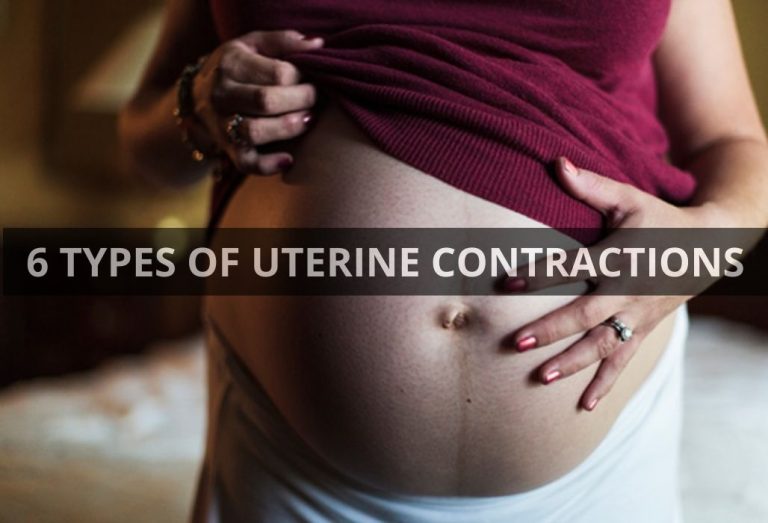MENSTRUAL IRREGULARITIES DURING BREASTFEEDING
Breastfeeding women experience menstrual irregularities because of changes in the woman’s body. It usually resolves spontaneously over time and is not a problem at all.
It is perfectly normal to experience menstrual irregularities while breastfeeding. It is quite common for the first ovulation to be irregular or repeated for a period of time after pregnancy and when breastfeeding.
Irregular menstrual cycles are not due to any serious disorder. A woman’s body needs to re-adapt to its pre-pregnancy state and only needs time to recover after the nine-month period.
While breastfeeding, women can experience very irregular menstrual cycles. Some women don’t start menstruating five to six months after giving birth, or even longer
Or, a very regular menstrual cycle may alternate with an irregular menstrual cycle with no awareness of the rhythm. You can also visit your gynecologist to make sure it’s not a health problem. However, in most cases, these situations will resolve spontaneously over time.
Menstrual irregularities during breastfeeding
In general, women who are breastfeeding may exhibit the following symptoms during menstruation:
- Compared to pre-pregnancy menstruation, the pain can be very strong and the amount of menstruation can be large.
- Premenstrual symptoms: abdominal pain, vomiting, dizziness
- Oro: A vaginal discharge that contains clots, tissues, and mucus produced during pregnancy.
Facts about menstrual irregularities during breastfeeding
The combination of prolactin and a woman’s body and hormones is a determining factor in menstrual irregularities. Different women have different levels of prolactin, a hormone that causes menstrual irregularities.
Prolactin increases during breastfeeding because this hormone enables the secretion of breast milk. It also controls the synthesis of sexual hormones in the ovaries. That’s why you lose your period or have very unstable cycles.
A woman’s overall physical condition also affects prolactin levels. Therefore, the type or duration of menstrual irregularities varies from woman to woman.
The number and duration of breastfeeding your baby also affects prolactin production. Babies who are breastfed frequently and heavily have higher levels of prolactin in their mothers . To satisfy the baby, the mother’s body produces more milk. And as hormone levels rise, menstrual irregularities can become more severe.
Another important point is that your menstrual cycle may be irregular, but ovulation will still occur. Having your first menstrual period after giving birth means that a woman’s reproductive function is back to normal. Therefore, pregnancy may be possible.
It is a myth that it is impossible for women to conceive while breastfeeding. It’s true that your chances of getting pregnant are lower, but it’s not entirely without them. If pregnancy is not desired while breastfeeding, women should use a method of contraception that does not affect breastfeeding.
How to speed up your normal menstrual cycle
The answer to this question is ‘no’. Getting back to your normal menstrual cycle faster is impossible. This process is natural, and the woman’s body needs to return to its normal pre-pregnancy state before the menstrual cycle is normalized.
However, there are a few ways that women can help themselves feel more secure and less anxious.
- Your baby’s rhythm: If your baby sleeps for more than 4 hours a day or night without waking up, it’s more likely that the menstrual irregularities will go away. When your baby starts eating solid foods, they will feed less. As a result, the body produces less breast milk, and prolactin levels also decrease.
- Sufficient rest: Rest is the most important for a woman’s body to recover after breastfeeding and childbirth.
- Smoking cessation: Tobacco is harmful to the human body. And if you’ve been pregnant for nine months and your body hasn’t fully recovered, smoking can be even more harmful.
- Drink plenty of water: Moisture relieves anxiety. Water helps the body flush out harmful toxins.
- Maintaining a balanced diet
- Avoid stress and rest during this time.
- Do meditation or yoga: These activities will help you calm down and focus on your relationship with your child and spouse.
For a mother, the period of breastfeeding is a precious and happy time. This is because it is the time when the bond between mother and baby is created that will affect the life of the child. It’s important not to miss out on this precious time because you’re too stressed out about having irregular periods while breastfeeding. Over time, naturally, everything will normalize.






